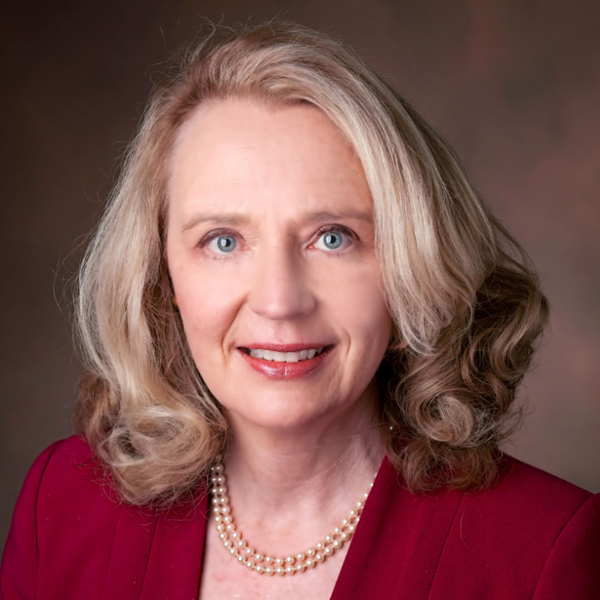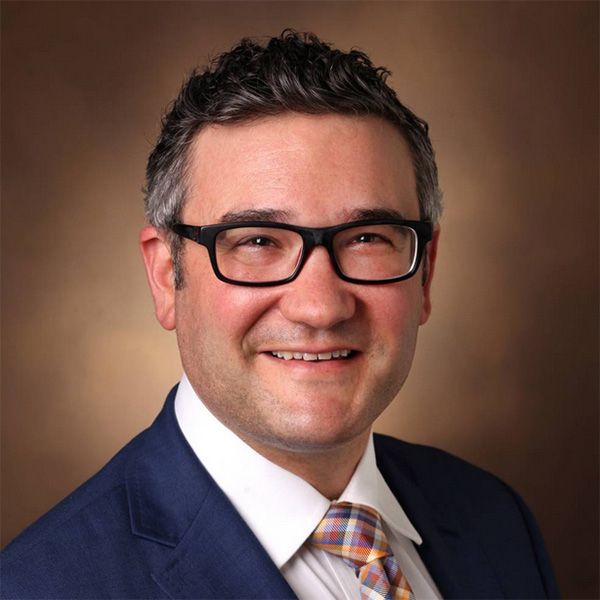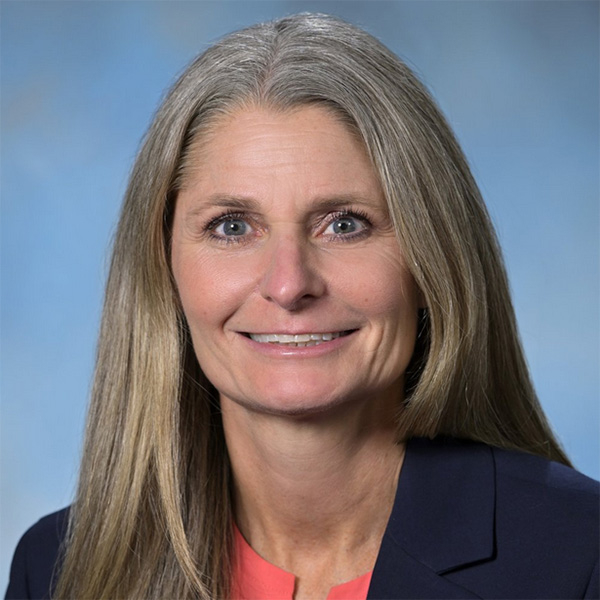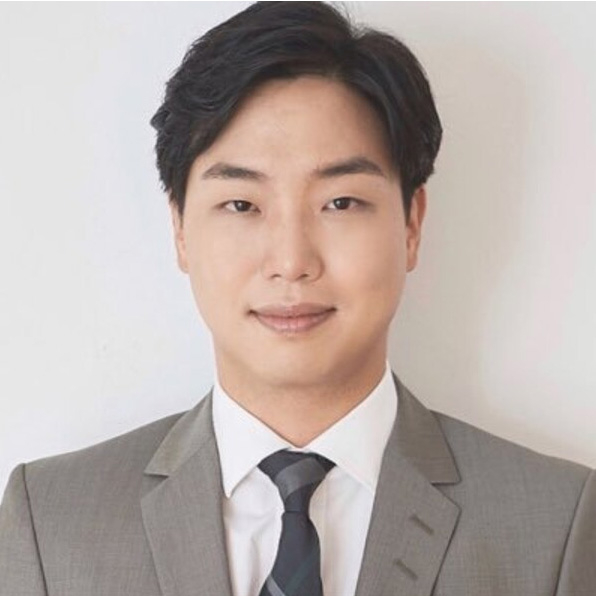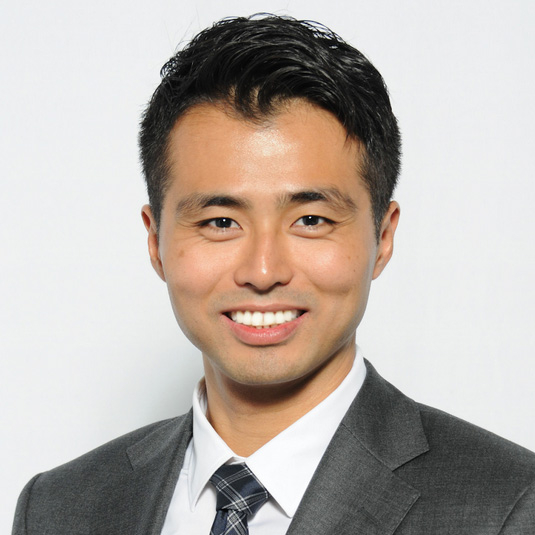High-dimensional data from procedural recordings are increasingly being leveraged by institutions for quality, safety, and efficiency. With advances in technology enabling high fidelity recordings and large scale analytics, the possible applications for this data continue to expand. Institutions must consider their data strategy and the ethical, legal, privacy, and insurance implications of recording clinical procedures. The panelists in this webinar present a variety of perspectives on use cases for video data, institutional video data strategies, and the ethical and legal considerations invoked by these data. The webinar will also discuss cutting edge technologies and strategies for the analysis of procedural video data, including video black box programs and computer vision. Attendees of this webinar will leave with a broader view of the uses and implications of procedural video data and have the background knowledge to explore the use of video at their own institution.
Watch the Recording
Moderator
Presenters
Alexander Langerman, MD, SM, FACS - Associate Professor of Otolaryngology - Head and Neck Surgery at Vanderbilt University Medical Center where he directs the Surgical Analytics Lab and the Surgical Ethics Program. Dr. Langerman’s research and innovation focuses on the intersection of ethics, data science, and efficiency in the operating room. Dr. Langerman chaired the first global conference on ethical, legal and social implications of surgical recording (www.surgicalrecording.org), serves on numerous societal workgroups related to procedural video management, and is an internationally recognized expert in the ethics of procedural video and the use of recording in the operating room.
Christine McKeever-VanZandbergen, MPH, MS PA-C - Senior Vice president for Clinical Technology with United Healthcare where she oversees the member-centric cloud based clinical platform across multiple market groups and functional areas. Prior to her role with United, Ms. McKeever served in multiple leadership roles within Penn Medicine spanning across large scale application rationalization, developing internal interoperability standards, overseeing data assets and leveraging technology to advance business objectives and transform care models. In addition, Christine serves on the board of directors for Girls Code the World, a 501(c)(3) domestic nonprofit corporation that provides resources, role models, and opportunities in STEM (science, technology, engineering, and mathematics)-related fields targeting underserved, underrepresented women and girls.
Dr. Jung leads the development and implementation of Artificial Intelligence-enabled clinical prediction systems on surgical wards at St. Michael’s Hospital, Toronto, ON and previously led the development and evaluation of a novel framework to measure intraoperative events, technical and non-technical skills, safety threats and resilience, and distractions in the operating room using the audio-video data obtained by the OR Black Box system.
Daniel Hashimoto, MD, MSTR - Assistant Professor of Surgery, Director of Penn Computer Assisted Surgery and Outcomes (PCASO) Laboratory, University of Pennsylvania Perelman School of Medicine; Affiliated Faculty, General Robotics Automation Sensing and Perception Laboratory (GRASP), University of Pennsylvania School of Engineering and Applied Science. Dr. Hashimoto leads the computer assisted surgery research program at Penn Medicine and was previously associate director of the research at Massachusetts General Hospital’s Surgical AI and Innovation Laboratory. His primary research interests are in applications of computer vision to intraoperative surgical decision making and the development of automated feedback for surgical trainees.
